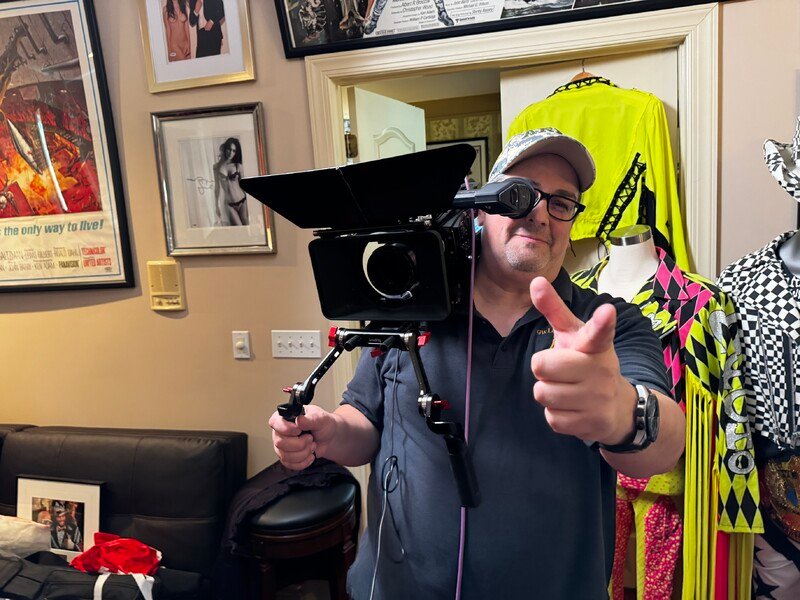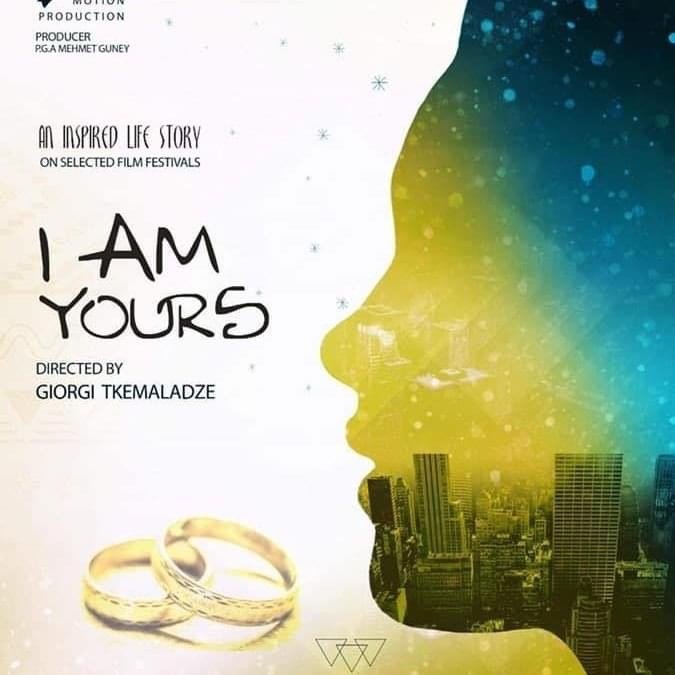
The betrayal is whispered.
The forgiveness is quiet.
And the heartbreak? It’s dressed in silence.
You feel it most in the pauses—when Lucia clutches her wedding ring, or when David lies awake with a needle in his arm and his daughter’s voice echoing in his mind.This is storytelling as emotional archaeology. The filmmakers don’t show us what’s broken—they show us where it cracked, why it cracked, and how it hurts to keep pretending it didn’t.
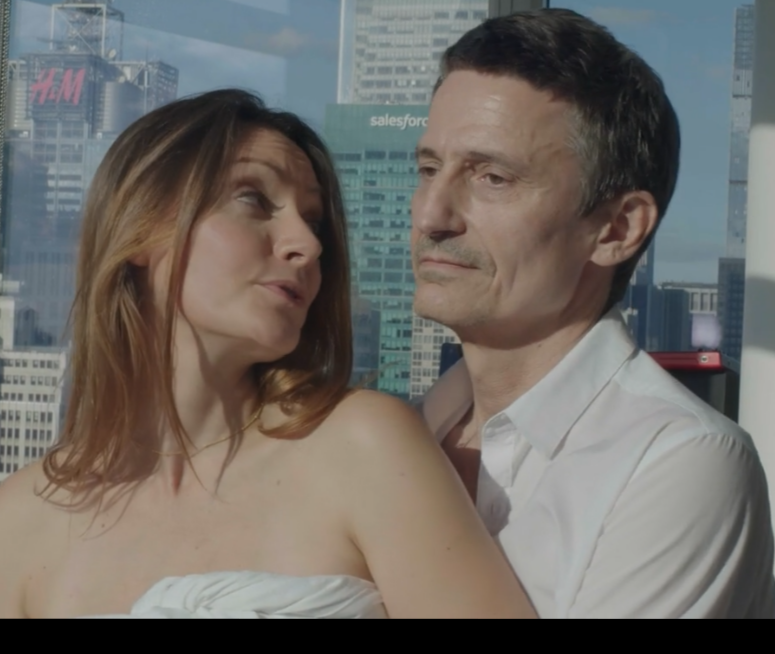
Lucia is a wife. A mother. A woman in emotional limbo. Her affair with Rick isn’t painted with fire—it’s painted with loneliness. His affection is a bandage, not a cure. She never lies to him. She just doesn’t tell him the truth.
David is her husband. A broken man stitched together by addiction, regret, and an impossible hope that maybe, just maybe, things could go back to how they were. But here’s the twist—David knows. He knows everything. The affair. The lies. The look in her eyes when she’s with him. And yet he chooses silence. Because if love is sacrifice, then David is its martyr.
John Zion’s portrayal of David is devastatingly powerful.
He doesn’t act the pain—he carries it. In his slouched shoulders. In the way he mumbles his daughter’s name. In the quiet conversations he has with strangers while wandering New York’s streets high and hollow. When he finally throws away his drug container, it’s not redemption—it’s surrender. And it’s beautiful.
Lucia, played with an icy complexity, is harder to embrace. But you’re not meant to judge her. You’re meant to feel her disorientation. Her confusion. Her fear that love has expired, and she missed the moment it happened.
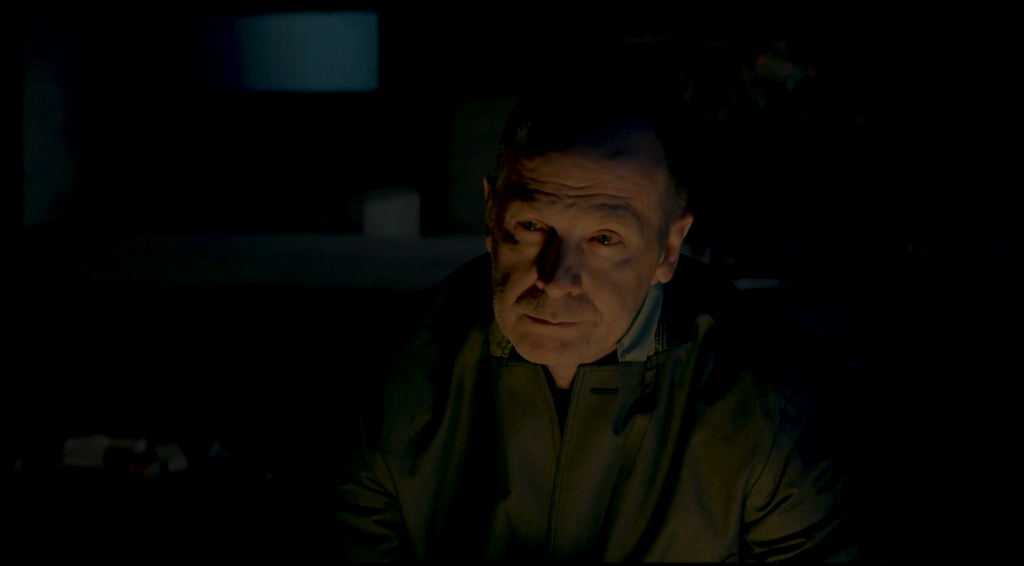
The Plot: From its very first scene, the film doesn’t shy away from discomfort. Lucia (played with a cool elegance) and Rick share stolen intimacy, only to slip into a conversation heavy with guilt. There’s no effort to glamorize their affair—it’s raw, mechanical, and silent with regret. Lucia puts her wedding ring back on before walking into her “real” life again, a gesture that says more than any dialogue ever could.
Meanwhile, David (John Zion) returns home with the kind of brokenness only addiction can breed. A successful businessman turned shadow of himself, his guilt is not theatrical—it’s weary, bone-deep, and unnervingly real. As his life spirals into drug-fueled street wanderings and chance encounters with strangers who reflect his own emptiness, we begin to understand the soul of this film. It’s not about love lost. It’s about love endured.
New York doesn’t glow in this film. It weeps. It watches. The street scenes—homeless men singing in the cold, a man begging for drugs, a mother brushing her daughter’s hair before school—are stitched into the film like bruises you only notice when they ache.And in the coldest corners of this city, David finds warmth—not from family, but from strangers. Isn’t that the cruel irony? The ones who break us are the ones we love. The ones who save us often disappear before we can thank them.
There’s music in this film, yes. But the most powerful score is the silence. The kind between two people who once loved each other deeply and now don’t know how to begin a sentence. The silence of voicemail. The silence of a funeral that never shows on screen, only hinted at by a knock at the door and a policeman’s expression.When Lucia finally whispers into David’s voicemail, “I’m yours,” it’s not a confession—it’s a confession too late.
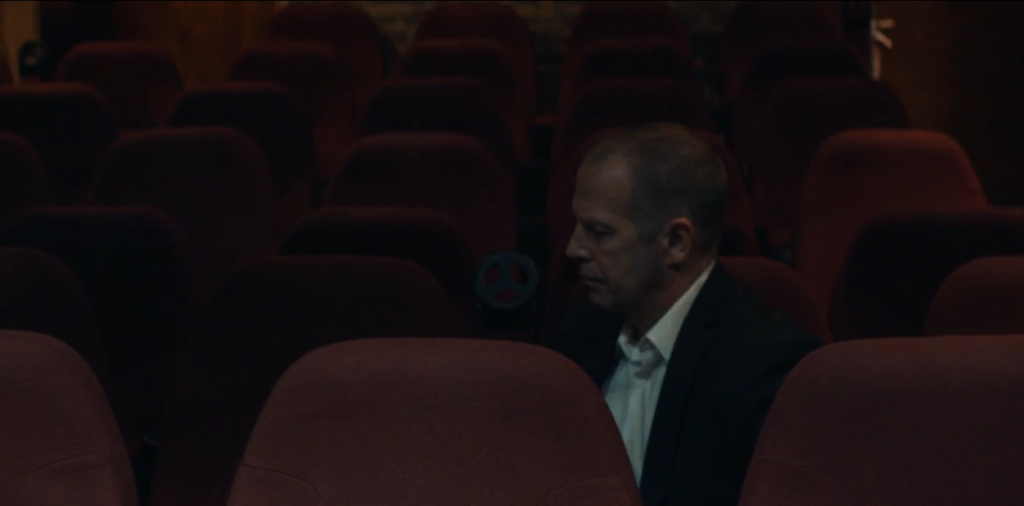
The Final Twist
The last twist cuts deep. David—sober, smiling, a man reborn—goes to a concert with his daughter and wife. A moment of healing. A second chance. But we should’ve known. Peace, in films like these, is rarely permanent. David’s not really there.
The final shot reveals a chilling truth: the concert hall is empty. A ghost moment. A memory, maybe. A hope that never happened.
And then—reality knocks. Literally.The police. The news. David’s overdose.
The script flows like a confessional letter that was never meant to be read. There are scenes that barely use words—but say everything. Lucia, caught between desire and duty, tells Rick, “Let’s not talk about it.” It’s not just a line. It’s the central emotional grammar of the film. Everyone’s avoiding what’s real. Everyone’s loving wrong but meaning well.The genius of the writing is in its refusal to judge.Lucia is unfaithful. David is a drug addict.Yet the film never asks, “Who is right?“It only asks, “Who is hurting more—and why does no one ask?“
Tkemaladze and Kiss frame the film not like a romance, but like a slow-motion train crash in a snowstorm. You see it coming. You know what’s about to break. But you can’t look away.The camera often lingers. Still. Patient. Uncomfortably close.It captures cigarette smoke curling in silence. City lights blinking like tired eyes.And faces—faces that have said too much without ever speaking.The directors let the city become a third character. Not New York the dream—but New York the ghost. The backdrop for secrets, regret, and redemption bought too late.
The film’s pacing mirrors the emotional state of its characters—slow, deliberate, often still. Scenes unfold with minimal dialogue, forcing the audience to observe rather than be told. The directors rely heavily on atmosphere and visual language: wide shots of New York City at night, Lucia staring through windows, David walking aimlessly through the streets. The city becomes a character in itself—indifferent, cold, and vast, mirroring the emotional isolation of the protagonists.
One of the most haunting aspects of “I’m Yours” is the use of silence. Tkemaladze and Kiss resist dramatic scoring in key moments, letting the weight of silence speak volumes. It’s in these quiet pockets—Lucia putting her wedding ring back on, David listening to a street musician—that the emotional core of the film emerges.
The screenplay deserves special praise for avoiding exposition. The viewer learns about the characters not through their words, but through their choices, habits, and avoidance. David never directly addresses his wife’s affair, yet the weight of that knowledge permeates every scene. That restraint makes the eventual emotional breakdown feel devastatingly earned.
The final act, where David decides to reclaim his life only to suffer a tragic overdose, flips the emotional arc on its head. There’s a brief flicker of hope—he throws away his drugs, attempts to reconnect, attends a concert with his family—but it’s too late. The ending is a quiet gut punch: a voicemail from Lucia saying “I’m yours,” followed by a knock on the door. David is gone.
Rather than wrap up with redemption, the film delivers something rarer—emotional truth. Sometimes, love doesn’t conquer all. Sometimes, we come back just in time to say goodbye.
Final Verdict : “I’m Yours” is a deeply human, quietly powerful film about fractured intimacy and the cost of unspoken love. It is not loud, but it leaves echoes long after it ends.
Read More
When Love Must Be Relearned Each Dawn: Kim Hye-young’s Meditation on Memory and Impermanence
Kim Hye-young’s 2025 South Korean romance “Even If This Love Disappears from the World Tonight”…
In House Interview: Kevin B Ploth
Interview: Kevin B Ploth Kevin B. Ploth is a multi-talented filmmaker, writer, producer, actor, and…
Living Art: How “Kokuho” Chronicles the Making of a Master
Living Art: How “Kokuho” Chronicles the Making of a Master The Phantom Behind the Paint:…
Sign up for the best awards and adventures!
Featured Destination
Lorem ipsum dolor sit amet, consectetur adipisicing elit. In dolor, iusto doloremque
quo odio repudiandae sunt eveniet? Enim facilis laborum.
AFRICA
Mysterious Chefchaouen: The Blue Pearl Of Morocco
ASIA
Varius lectus, rhoncus laboriosam, placeat id
SERBIA
Eleifend, provident urna vivamus vitae tortor.
OCEANIA
Auctor aperiam ante repellat atque, facilis Sint.
Reader’s Thoughts
As Seen On:







